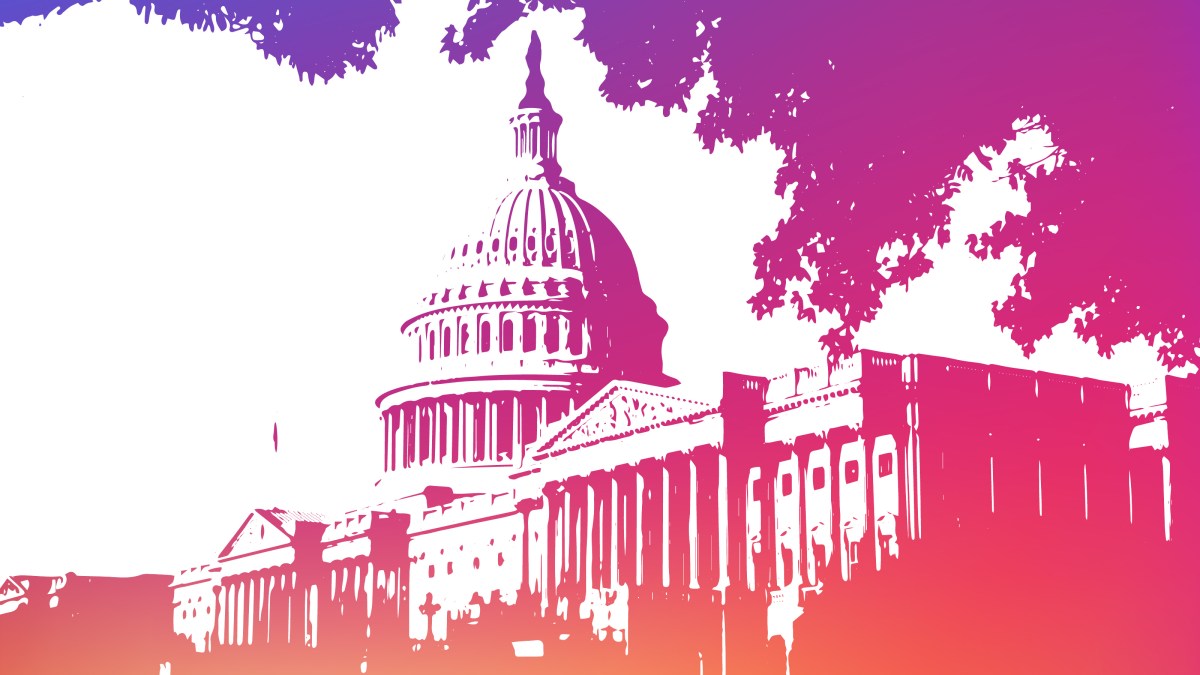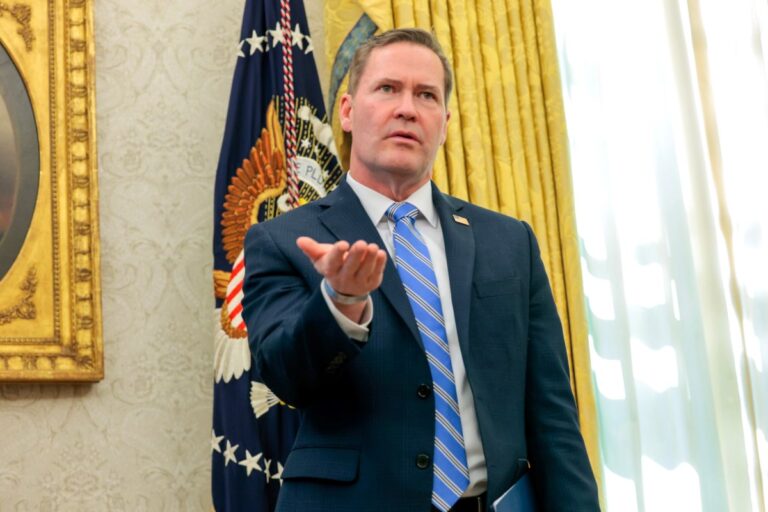Trump’s FTC Launches Investigation into Tech Platform Censorship: What You Need to Know
The Federal Trade Commission (FTC) has initiated a significant public inquiry into the issue of censorship by tech platforms. This inquiry aims to gather insights from individuals who believe they have faced demonetization, bans, or other forms of censorship due to their opinions or affiliations. The FTC’s efforts could reshape the conversation surrounding online speech and platform accountability.
FTC Inquiry Details
On Thursday, FTC Chairman Andrew Ferguson stated, “Tech firms should not be bullying their users.” He emphasized that this inquiry will help the FTC understand how these companies may have violated laws by silencing Americans who wish to express their views.
Legal Implications of the Inquiry
While the FTC has called for public comments, it has yet to specify which laws it believes tech platforms might be violating. However, the agency suggests that the policies implemented by these platforms could potentially be considered anti-competitive. This is significant for creators who often face:
- Loss of access to their accounts
- Lack of appeal processes
- Income losses due to account hacks
Concerns from Legal Experts
Legal experts, such as Cathy Gellis, have voiced concerns regarding the FTC’s interpretation of the First Amendment. Gellis argues that while the First Amendment prevents government interference in free speech, it does not limit private entities, including most online tech platforms, from moderating content as they see fit.
“In most cases, internet platforms are private actors, which have their own First Amendment rights to moderate their sites as they would choose,” Gellis stated. She further noted that the FTC’s inquiry could inadvertently threaten the First Amendment by interfering with the editorial discretion of these platforms.
Section 230 and Its Implications
One crucial element in this discussion is Section 230 of the Communications Decency Act, which protects online platforms from liability for content posted by users. Despite various legal challenges, the Supreme Court has upheld Section 230, which was enacted in 1996, prior to the rise of modern social media.
Different Perspectives from Tech Leaders
As discussions around content moderation evolve, industry leaders have differing views. While Mark Zuckerberg and Elon Musk have leaned on the First Amendment in their policies, Snap CEO Evan Spiegel has criticized this approach. He stated:
“A lot of platforms are basically saying, you know, we support the First Amendment, so anyone on our platform should be able to say anything, but that’s sort of misconstruing what the First Amendment does.”
Spiegel emphasized that platforms have the right to establish their own content guidelines, which can impact engagement levels.
Impact of Recent Political Developments
Adding to the complexity of the situation, President Trump recently signed an executive order that holds independent regulators, such as the SEC and FTC, accountable to the White House. This could influence the FTC inquiry, although legal experts remain doubtful about the constitutionality of Trump’s directive.
For more insights into the implications of this inquiry and the evolving landscape of online speech, visit the FTC’s official page or explore related articles on TechCrunch.







